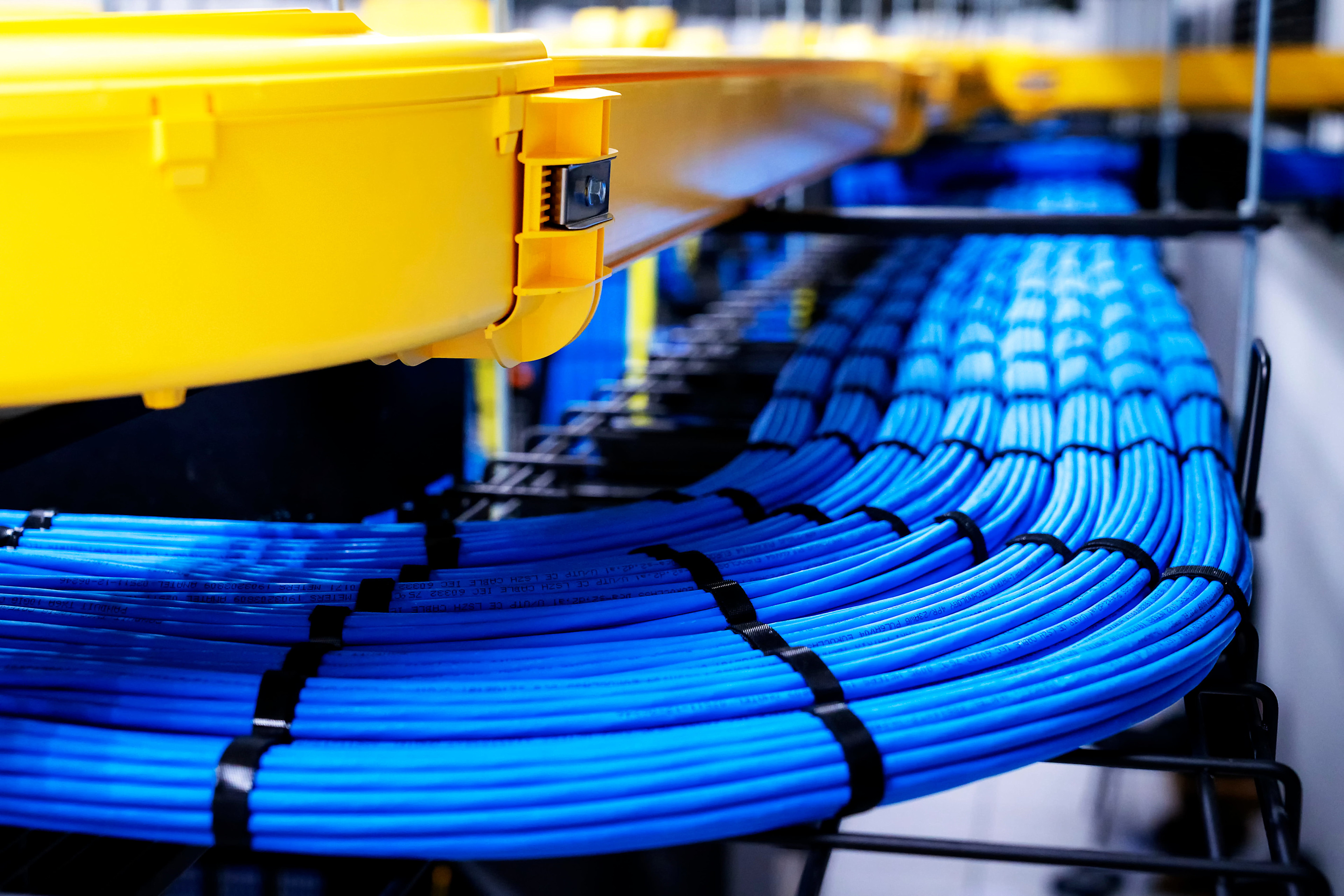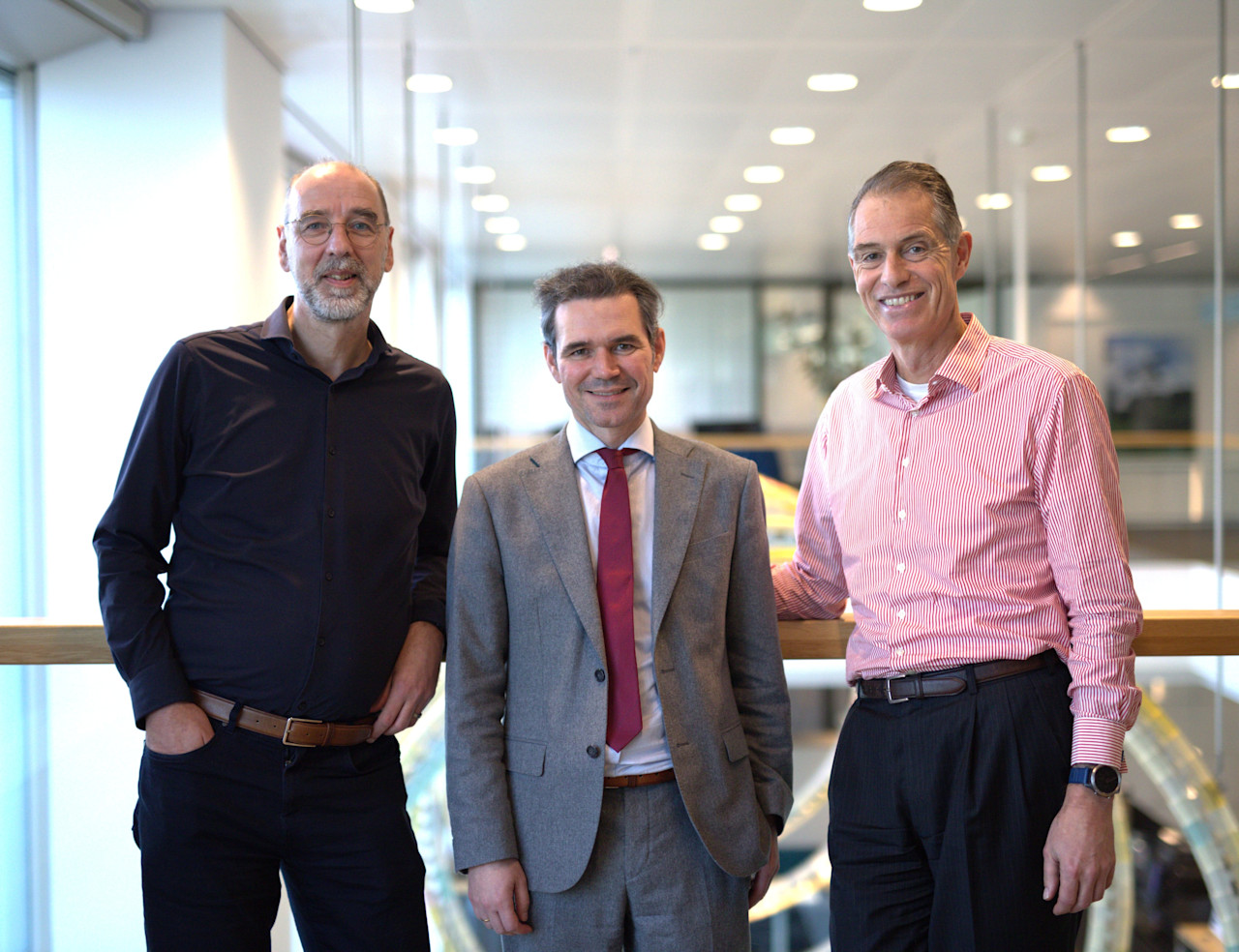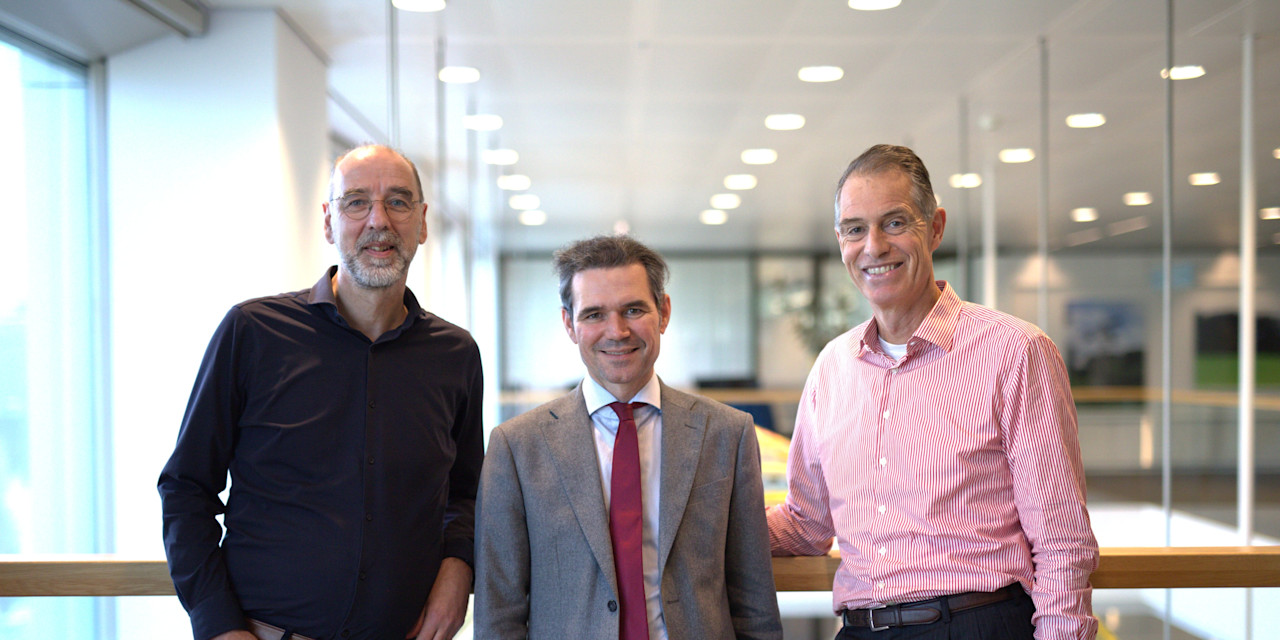I nostri approfondimenti
Capire l’andamento dei mercati e l’impatto che questo produce è la cosa più difficile da fare per ogni professionista degli investimenti. Per sviluppare la migliore comprensione servono ricerche e analisi approfondite, ed è in questo che mettiamo tutto il nostro impegno. Perché è solo attraverso la condivisione delle conoscenze che possiamo prosperare tutti.





































